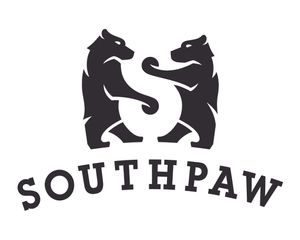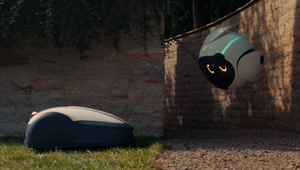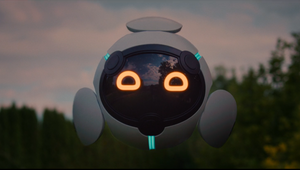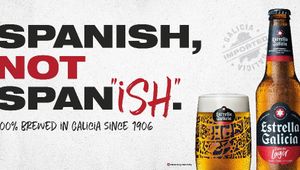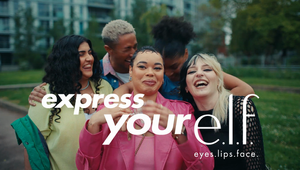
Conscious Consumerism: Part 1
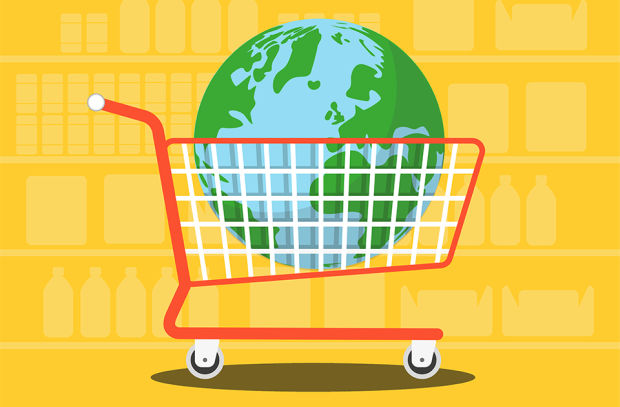
Remember when we went mad for organic? In 2002, the UK industry was estimated to be worth £1 billion. Galvanised by a pesticide-free product that promised better taste and nutritional value, champions of organic produce threw serious shade on the intensive agricultural practices used by ‘conventional’ farming.
Then there was the fair trade initiative. An honest price for a product, better working conditions, and the promotion of upward mobility. Brands like Cadbury Dairy Milk embraced it wholeheartedly and some supermarkets only stocked fair trade bananas. But it never really got past third gear.
Sure, you can still buy organic or fair trade products now, if you want to. But in their headline-making heyday were they just an environmentalist’s fantasy? Too niche (and too expensive) to enter the mainstream and stay there?
Fast forward to 2019 and consumers now actively pursue multiple ways to positively impact Mother Earth and the people on it when they buy something. And so - the Conscious Consumer is born. As a collective, we are applying pressure on brands to step up and do more than the basics, because the alternative is to risk looking deeply out of touch with the current mood of thoughtful consideration for the world we live in.
David Attenborough’s 'Blue Planet' kicked environmental issues to the top of the agenda. We have witnessed a spate of brands and retailers going to market with eco-friendly initiatives in response to consumers demanding change or threatening to withdraw their support (and wallets). Glastonbury Festival banned all single use plastics this year and McDonald’s have switched to paper straws. And that’s just scratching the surface.
But conscious consumerism embraces social justice, too - something that The Body Shop founder Anita Roddick knew all about. Anita - the original pioneering brand campaigner - took on human and civil rights (as well as animal cruelty and environment protection).
In recent years, Smirnoff Vodka has championed the voices of those who feel ‘othered’ and marginalised, with the long-running ‘We’re Open’ campaign in support of the LGBTQ community. Its aim is real societal change by championing diversity in Britain’s nightlife. An educational co-branded Smirnoff x LGBT Foundation website has been complemented by various iterations of the campaign through the line, including some TV advertising with attitude.
And now to the present (and possibly a glimpse of the future) we have Sea Chips. This is a snack that turns something wasted into something wanted. Billed as, “...the UK’s first handcrafted salmon skin crisps, using the often wasted nutrient packed skin,” they are the creation of Dan and Dom, best buds and foodies. The duo passionately believe that snacks can be good for you and good for the planet. And trust us, they are less weird to eat than you’d think.
So if we’re eating crispy flavoured salmon skin now, imagine what we’ll be eating/doing/buying a decade from now. Brands are being forced to readdress every part of their supply chain and production process, not just tweak a small element to ‘green wash’ and promote to the public.
In the second part of this exploration we pitch ourselves into 2029 and ask, 'How will brands stand out with an eco-agenda when everyone’s doing it and what impact might that have on our buying behaviour?'
Look out for part 2 coming soon!







